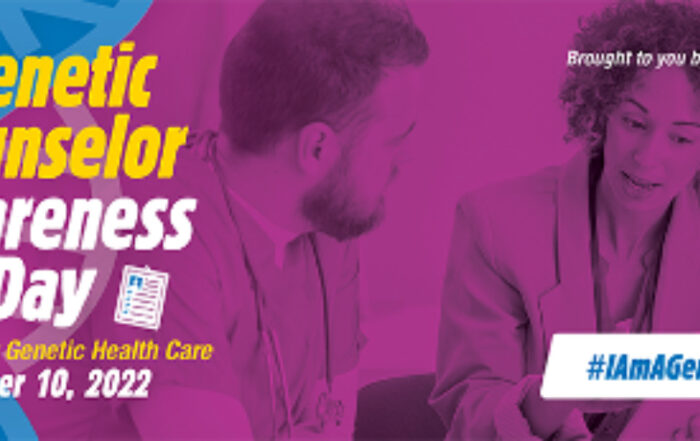Postpartum Depression and the Holidays
December 31, 2019
New mothers are still adjusting to their new life-changing diapers, waking up early, dealing with insufficient sleep, and body changes. It can be exhausting, but also exciting. After giving birth, women may experience baby blues. You may experience mood swings, uncertainty towards being a mother, or you may feel upset and not able to identify a specific cause for these feelings. These are all normal due to hormonal changes.
Often women do not talk about their symptoms of postpartum depression. About 1 in 9 women have symptoms of postpartum depression after giving birth. Some of these women begin having symptoms during pregnancy. Postpartum depression is not the same as typical baby blues. Signs of postpartum depression or PPD may include feeling sad all the time, feeling guilty, worthless or you suddenly lost interest in activities you once enjoyed. Some women may also feel tired all the time, have a hard time sleeping, or may become restless and irritable. Having postpartum depression can be very difficult for mothers, but it can be especially tough during the holiday season.
It’s important to know that postpartum depression is not a sign of weakness or a flaw. When you do experience symptoms of depression, seek treatment or talk to your doctor.
Dealing with Postpartum Depression
Many women suffering from postpartum depression may want to be alone. With relatives and friends visiting, reunions to attend, hosting parties at home, or a never-ending to-do list, it can be difficult to feel comfortable in these larger groups or even get everything you wanted to do done.
When you are suffering from postpartum depression, remind yourself that Christmas may be a time for joy, but it’s okay to keep your distance from the activities when you need it. Or you may find that your family being in town is helpful and may provide an opportunity to discuss your feelings with a trusted family member.
It is important you discuss your feelings with someone you feel comfortable with, whether that be family or your medical providers. Do not be hard on yourself. The holiday season can be a joyful time, but it can also be a stressful time. By acknowledging your emotions and mental health, you can thrive during the holiday season and it may provide you with the support system you need at the time. Your medical providers may recommend medicine or therapy to help you through your symptoms of postpartum depression. Talk to your doctor if you experience symptoms and they will help you determine what next steps may be appropriate for you.





